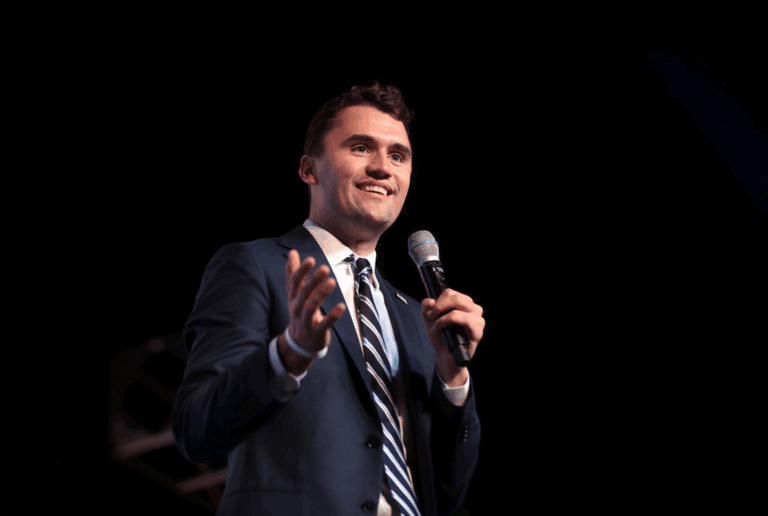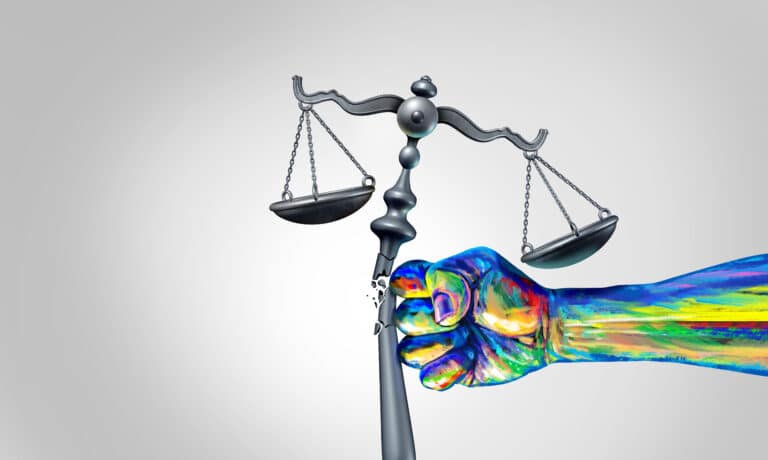That old adage, “The road to hell is paved with good intentions,” may never be proven truer than regarding the disastrous consequences of the green movement’s crusade to replace the 84 percent of global energy supplied by fossil fuels with windmills, solar panels and biofuels. The focus of public discussion today is largely on the energy supply and prices. But there’s also a more profoundly humanitarian impact. Here is my list of green-motivated actions and consequences.
Energy Supply
Action: Germany decides to replace its nuclear power plants with wind farms and solar arrays, which prove both unaffordable and unreliable, leaving no choice but to import Russian natural gas. Russia invades Ukraine. Germany tries to replace Russian gas with other sources.

Consequences: Natural gas prices increase by 700 percent, forcing Germany and several other European countries to restart shuttered coal plants. EU economies go into freefall while emissions rise faster than ever.
Action: No fewer than 17 Canadian liquefied natural gas (LNG) projects that, among their other market outlets, could have eliminated the need for Germany to import Russian gas at all were stymied by impossible-to-meet Canadian federal government rules which demanded that the emissions resulting from their construction and operation be “net zero.” The Trudeau Liberals’ delusionary “net zero” target also drives policies that limit exports from the world’s third-largest oil reserves – the Alberta oil sands.
Consequences: Germany faces the Hobson’s choice of continuing to fund Russia’s brutal invasion or face a winter of disastrous energy shortages. Already the creeping scarcity is raising concerns that the world’s largest integrated chemical complex – BASF on the Rhine River in Germany – which has 200 facilities making products and inputs used in nearly everything and without which the world economy can scarcely function, may need to go to 50 percent output or even be closed entirely. The gas situation has also prompted German utilities to announce that residential buildings will only be heated to 17° C at night, raising fears of elderly people falling ill or worse in their apartments come winter.
As reprehensible as Putin’s blockade actions are, the green movement’s impact on the world’s food supply is profoundly greater than the Ukrainian export reduction. As with energy supply, many of the actions go back years or beyond a decade, while the consequences on global grain supply are now becoming painful.
In addition to holding Europe hostage using its natural gas, Russia also becomes the world crude oil market’s “swing-producer.” Oil prices skyrocket, raising the cost of transportation for industry and individuals. Inflation wreaks havoc around the globe.
Action: China pretends to reduce greenhouse gas emissions while continuing to escalate cheap coal-fired power generation. The inexpensive electricity generated from coal is used by the factories that manufacture the solar panels and wind turbine blades being exported to generate intermittent, costly electricity in Western countries. Green government zealots in those Western countries meanwhile implement policies mandating ever-more wind and solar power generation combined with continually rising carbon taxes.
Consequences: Western manufacturers cannot compete, leaving no choice but importing Chinese goods. China uses the West’s money to produce the weapons systems and infrastructure (like the Belt and Road Initiative) needed for global dominance.

So that’s how the green movement has paved the road to energy supply and Chinese dominance hell. But there is a further heart-wrenching result of green ideology.
Global Food Supply
Russian President Vladimir Putin’s Black Sea blockade of Ukrainian wheat, corn and vegetable oil exports is being blamed for the current food shortages gripping more and more countries, with concerns growing in some of outright starvation. But as reprehensible as Putin’s actions are, the green movement’s impact on the world’s food supply is profoundly greater than the Ukrainian export reduction. As with energy supply, many of the actions go back years or beyond a decade, while the consequences on global grain supply are now becoming painful.
Action: Policies are implemented in Europe and North America mandating the blending of ethanol produced from corn into gasoline.
Consequence: A disastrous reduction in global grain supply. The U.S. is the world’s largest corn producer, at 384 million tonnes per year. One-third of that, or 128 million tonnes, is currently allocated to producing ethanol. Other countries convert a combined 137 million tonnes of grain into fuel ethanol, for a total of 265 million tonnes. Ukraine’s pre-war production of all grains combined was 74 million tonnes per year. With biofuel production worldwide consuming more than three times that much, the reality is that the blockade of Ukraine’s ports has merely exacerbated a much larger and avoidable problem created by green policies.

Cereal Grain Production
Action: Carbon taxes drive up the cost of tractor fuel and grain drying. Nitrogen fertilizer prices shoot up because these fertilizers are made from natural gas. Potash-based fertilizer prices rise due to increased mining, processing and transportation costs.
Consequences: Higher prices and reduced supply of cereal grains. Starvation looms in poor, import-dependent countries.
Action: Environmental zealots campaign for governments to ban a product critical to food supply in developing countries. That product is Roundup. Invented decades ago by chemical company Monsanto, Roundup is well-known as a handy weed-killer to have for the yard but, far more importantly, has dramatically improved crop yields for Third World farmers by killing weeds without the need for heavy physical cultivation that depletes soil nutrients and moisture. Along with other elements of the “Green Revolution,” Roundup has helped chronically under-productive, food-importing countries that were always just one bad harvest from starvation to become solidly self-sufficient in food production, or even net exporters.

From the time of its introduction, green activists have attacked Roundup as an allegedly cancer-causing form of “Franken-science.” But decades of experience and authoritative studies by scientists from several countries have found that, when used with the same care as any other chemical product, the health risks of Roundup are extremely low. In any event, Roundup has extended untold millions of lives by enabling many developing countries to provide a steady diet and a healthy number of calories even to their poor.
Consequence: If Roundup is banned or its use sharply curtailed, the consequence will be to set back food production in numerous developing countries by decades, with predictable results including reduced life expectancy for the poor.
Meat Production
Action: The governments of Spain and the Netherlands announce policies to reduce and eventually phase out the use of livestock, partly to drive down the release of nitrous oxides into the atmosphere. Farmers fear the same actions in other EU countries.
Consequence: Reduced supplies of meat and dairy products. Destruction of the way of life, income and property values of farmers. Socio-political chaos as desperate farmers protest in Madrid and Dutch farmers congest highways and block entrances to food warehouses. Police in Holland actually shoot at a 16-year-old farm boy at the wheel of a tractor – but thankfully miss.
The combined impact of the cereal grains diverted to motor fuel, carbon taxation on grain farmers and government policies to phase out animal husbandry are not only tragic for the embattled farmers themselves but are increasing food costs while reducing supply. No wonder conspiracy theorists believe the green movement’s ultimate goal is to save the planet through depopulation.
It’s time for a reality-based fork in the green movement’s road to hell.
Gwyn Morgan is a retired business leader who has been a director of five global corporations.
Source of main image: Shutterstock.





